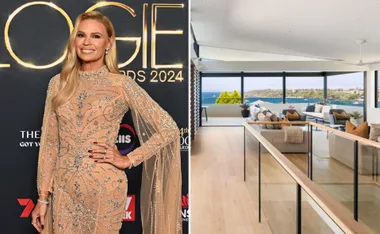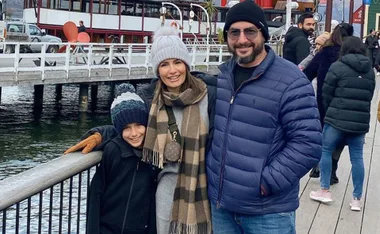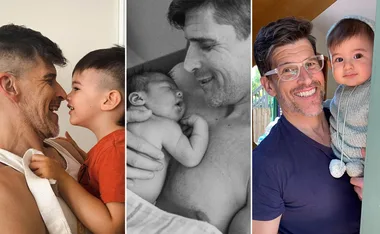Mention the systemic issues faced by women, to any woman, and you’ll find you’re preaching to the choir.
The challenge, and perhaps one element essential for meaningful change, is having people of influence help create the societal shifts necessary for us to succeed.
The good news: change is happening at the hands of industry leaders whose eyes are wide open. From equal pay to protections around domestic violence and increasing career visibility in male dominated industries, we’re shining a spotlight on the women and men who understand that we are all better off when we enjoy equal standing.
They are championing women and fighting alongside one another.
Sharing fashion’s wealth with those in need
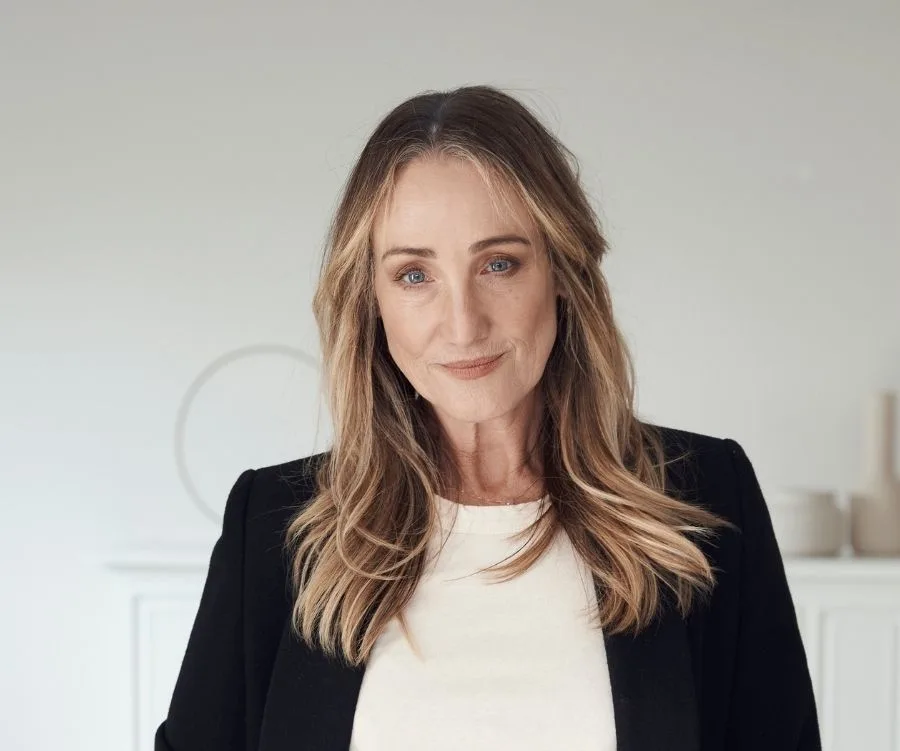
Andie Halas redistributes excess clothing from fashion retailers to communities in need.
The champion: Andie Halas, Founder of Thread Together
With a background in fashion, the former Seafolly stakeholder knew a thing or two about the waste produced by her industry.
She saw an opportunity for companies that have too much to give to people that have too little. And so she launched Thread Together, with the mission of redistributing excess clothing from fashion retailers to communities in need.
Through partnerships with charities and Thread Together Clothing Hubs, the organisation now supports more than 600 charity partners including homeless shelters, women’s and men’s crisis centres, indigenous communities, long-term unemployed and Asylum Seekers.
Amazingly, in five years her pipeline has distributed over $8 million worth of new clothing to people who are vulnerable and in need, clothing over 2000 recipients a week.
Rescue rooms for women and children fleeing domestic violence
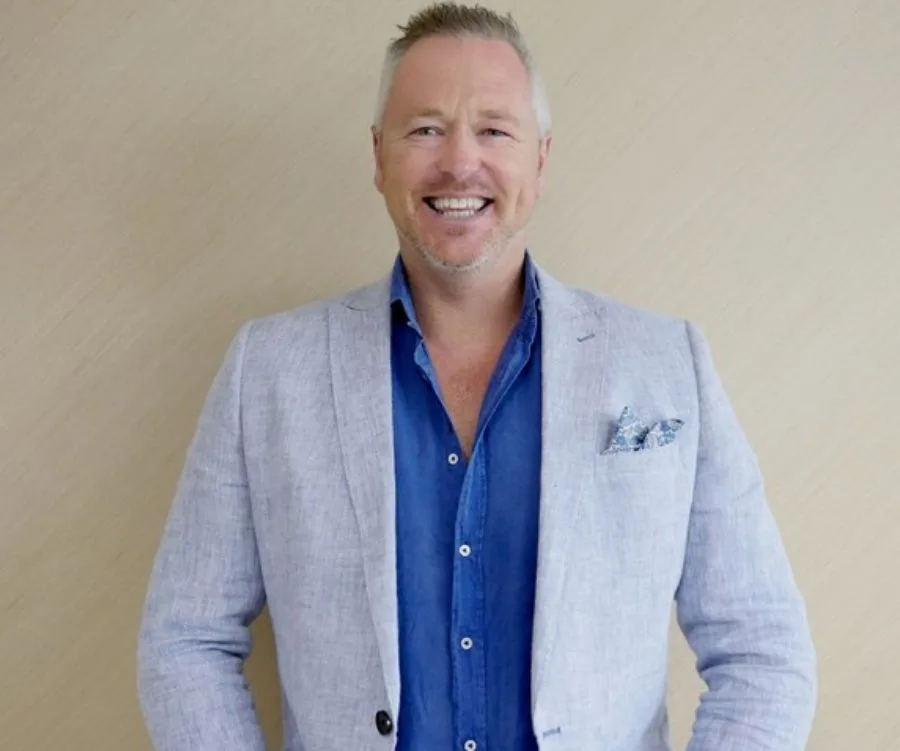
Ben Davis is helping victims of domestic abuse find immediate shelter in unbooked hotel rooms.
The champion: Ben Davis, Executive Creative Director at McCann Queensland
When Ben Davis, a father of three, heard that yet another woman in his home-state had been murdered at the hands of her partner, he felt haunted.
And after a discussion at work, realised many women are vulnerable because they have nowhere to go. It’s one of the main reasons, on average, a woman will leave an abusive relationship seven times before she finally leaves for good.
The reality is she has nowhere to go. His idea: put hotel occupancy rates (hovering between 35-80 per cent) to good use, by using them to help the 720 women and children believed to be seeking a safe space from domestic violence every single day in Australia.
And so the Rescue Rooms initiative became a reality, and is a cause Davis continues to work tirelessly on today.
Financially backing vulnerable support institutions
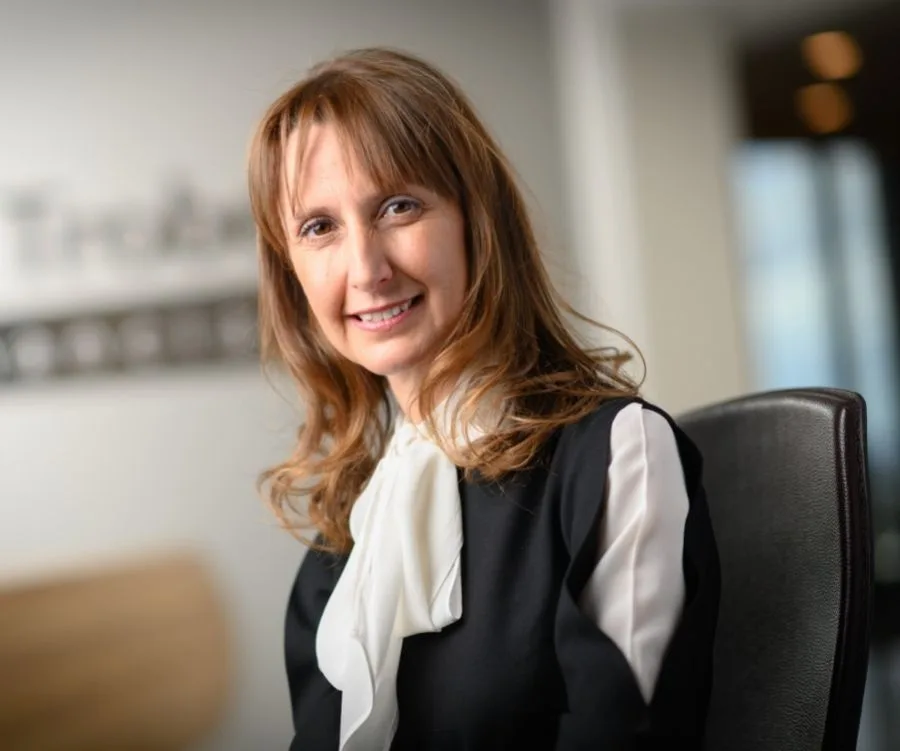
Caterina Nesci strives to to improve the wellbeing of families and the community through her philanthropic work.
The champion: Caterina Nesci, Director of ESG & International Partnerships based in Melbourne and Head of La Trobe Financial’s Charitable Foundation
As the person charged with creating a vision for the La Trobe Financial Charitable Foundation, and then following through with philanthropic donations, Caterina has helped change many people’s lives.
The guiding principle of the foundation, under Caterina’s watchful eye, has been to improve the wellbeing of families and the community by placing “others before self”.
In real terms, this has meant the foundation contributing both financial and intellectual capital to key partners including the Epworth Hospital, Lifeline, the Australian Red Cross, Salvation Army and Society of Women leaders.
The Foundation has also sponsored the Uphold and Recognised Charter, a non-profit organisation committed to achieving the Constitutional recognition of indigenous Australians while upholding the values of the Constitution.
Advocating for at-risk youth and African women refugees in Australia
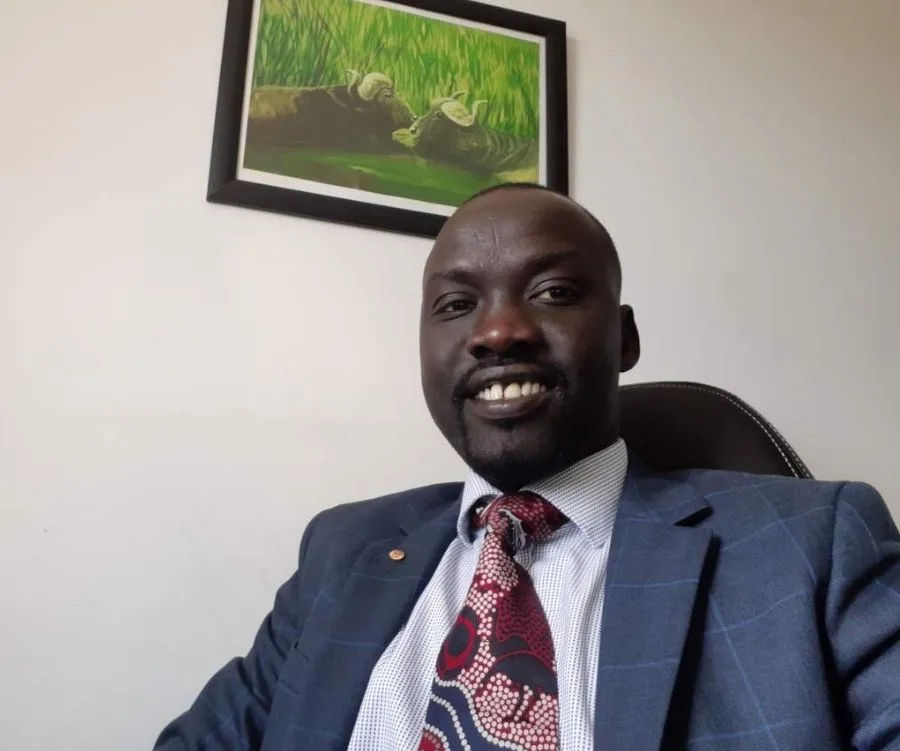
Australian of the Year Local Queensland Hero recipient Elijah Buol is a tireless advocated for the young and disadvantaged.
The champion: Elijah Buol, Deputy Chairperson of Ethnic Communities Council of Queensland (ECCQ) Ltd and Vice-President of Youth Affairs Network of Queensland
Displaced and separated from his family when he was 9 years-old, Elijah Buol arrived in Australia as an unaccompanied minor from South Sudan.
Since leaving school, the criminologist and father-of-four, has advocated for the young and disadvantaged. His work has been instrumental in removing children under 18 from adult prisons in Queensland, and his focus on improving the wellbeing of African women living in Australia led to him establishing the African Australian Women’s Network, now the African Australian Women’s Association.
Today, it is a volunteer organisation that promotes the inclusion and wellbeing of African Australian women and girls through advocacy, community education, skills development and networking opportunities.
Championing the Tech Girls Movement
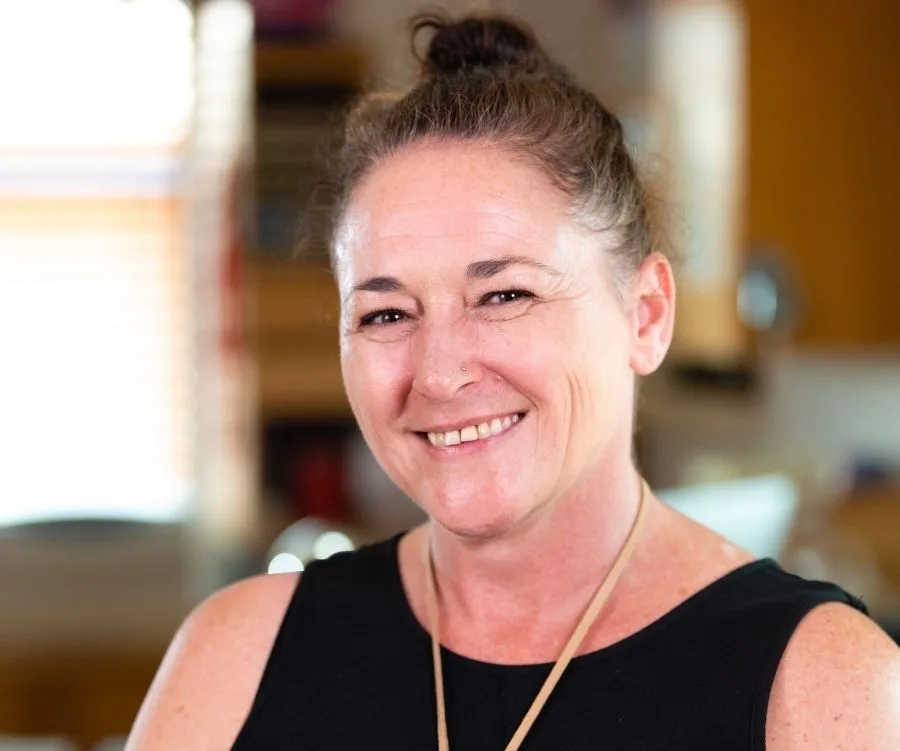
Dr. Jenine Beekhuyzen founded the Tech Girls Movement to empower young women to embrace technology, and to use it to their advantage.
The champion: Dr. Jenine Beekhuyzen, CEO of Adroit Research and Founder & CEO of the Tech Girls Movement Foundation
STEM jobs are growing, but lack of diversity is a huge problem, and the race is on to find new ways to engage more women in science and tech so that Australia can bridge the skills gap.
That’s one of the reasons why Dr. Jenine Beekhuyzen started the Tech Girls Movement, a non-profit organisation that aims to encourage young women to pursue careers in STEM, and inform them of the options that are available.
Dr. Beekhuyzen says there are two main reasons why young girls drop off from studying or working in STEM fields: a lack of female role models and a lack of understanding of what technology people do.
To counteract this, she wants to show young girls that there are a variety of roles in tech—and one of her strategies is storytelling. The book Tech Girls are Superheroes is now used as a resource in Australian classrooms and career centres.
Kicking goals for women in male-dominated sports
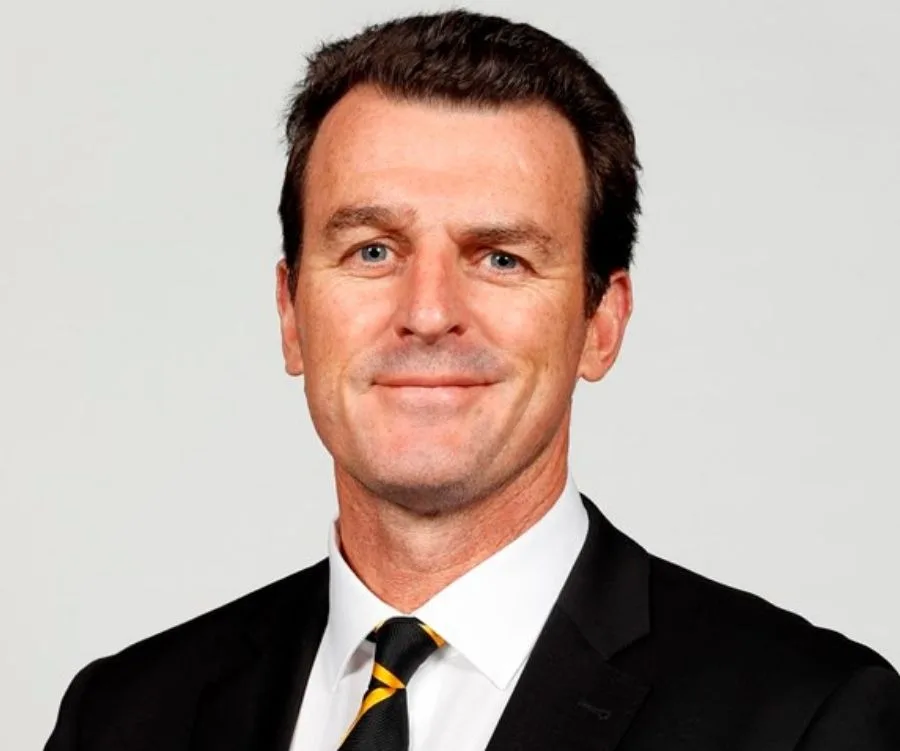
Football CEO Brendon Gale is a staunch supporter of female players.
The champion: Brendon Gale, CEO at Richmond FC
“You kick like a girl,” used to be an insult. Now, it’s a goal!
Advocates like Brendan Gale, CEO of Richmond FC, not only helped launch AFLW, but also started a sponsorship program for mentoring female talent.
The moment that turned his attention to the plight of elite female athletes: the misogynist trolling of AFLW player Tayla Harris after an image of an incredible mid-kick was posted online.
When the MCC released a report on the gender pay gap between elite athletes, Gale said: “Every leader involved in sport has a role advancing gender equality, pay equity and sustainable pay equality in the sector. By understanding and measuring these issues, we are better able to dismantle the barriers to progress”.
We couldn’t agree more.
Leading young women in the resources industry
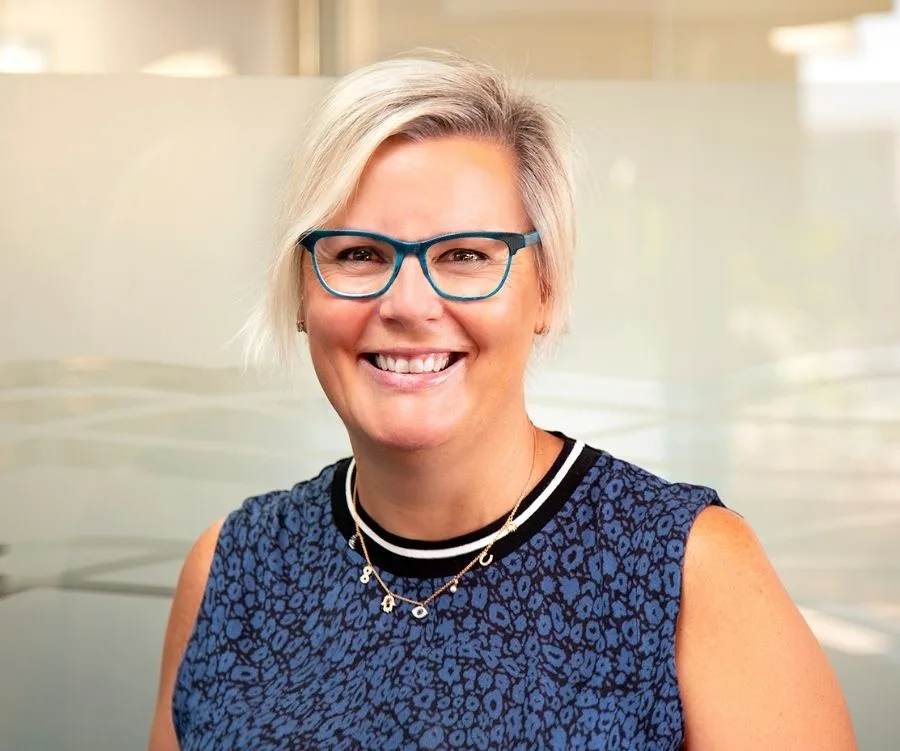
Rebecca Prain mentors young women in the mining and resources sector.
The champion: Rebecca Prain, Managing Director at Cube Consulting
Rebecca Prain has been heavily involved in the grassroots championing of gender equality in the mining and resources sector, where women make up just 16 per cent of the workforce.
As an active member of Women In Mining WA community, she has spent the best part of a decade mentoring young women in the sector.
Well-regarded for her ongoing advocacy for women and authentic leadership style, she was named Women in Resources Champion at the 2021 Women in Resources Awards (WIRA).
This article was brought to you by La Trobe Financial Foundation, dedicated to helping Australians from all walks of life achieve their dreams, and working tirelessly to create safer communities while adding to the employment opportunities and wealth creation of Australians.
 Supplied
Supplied
